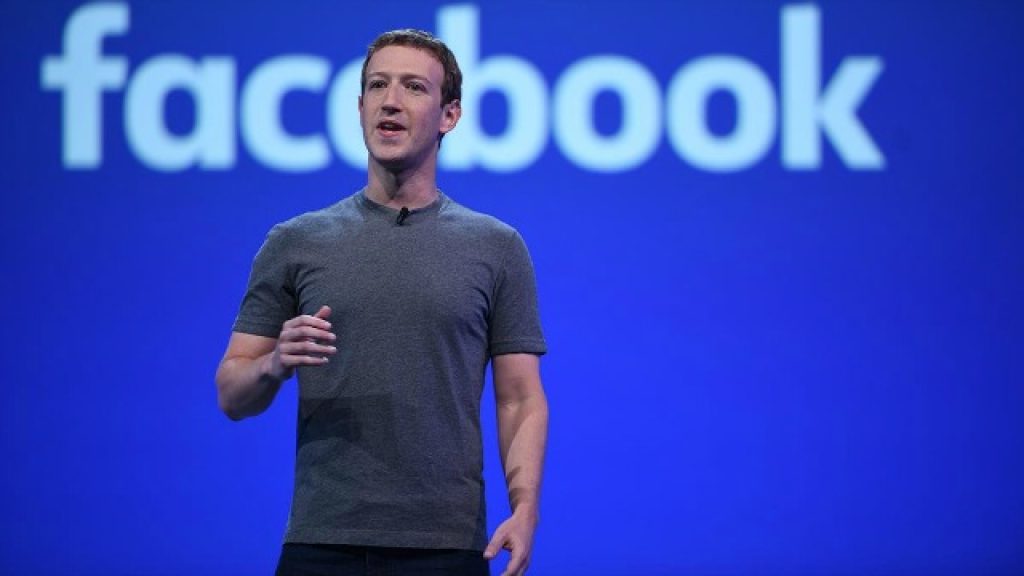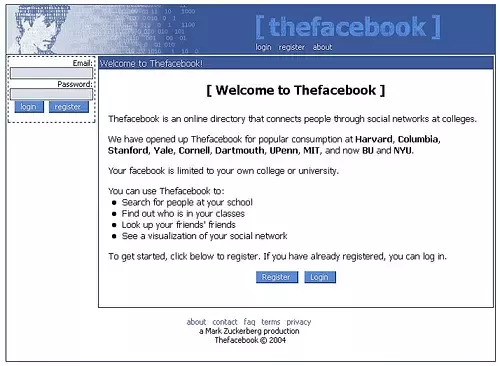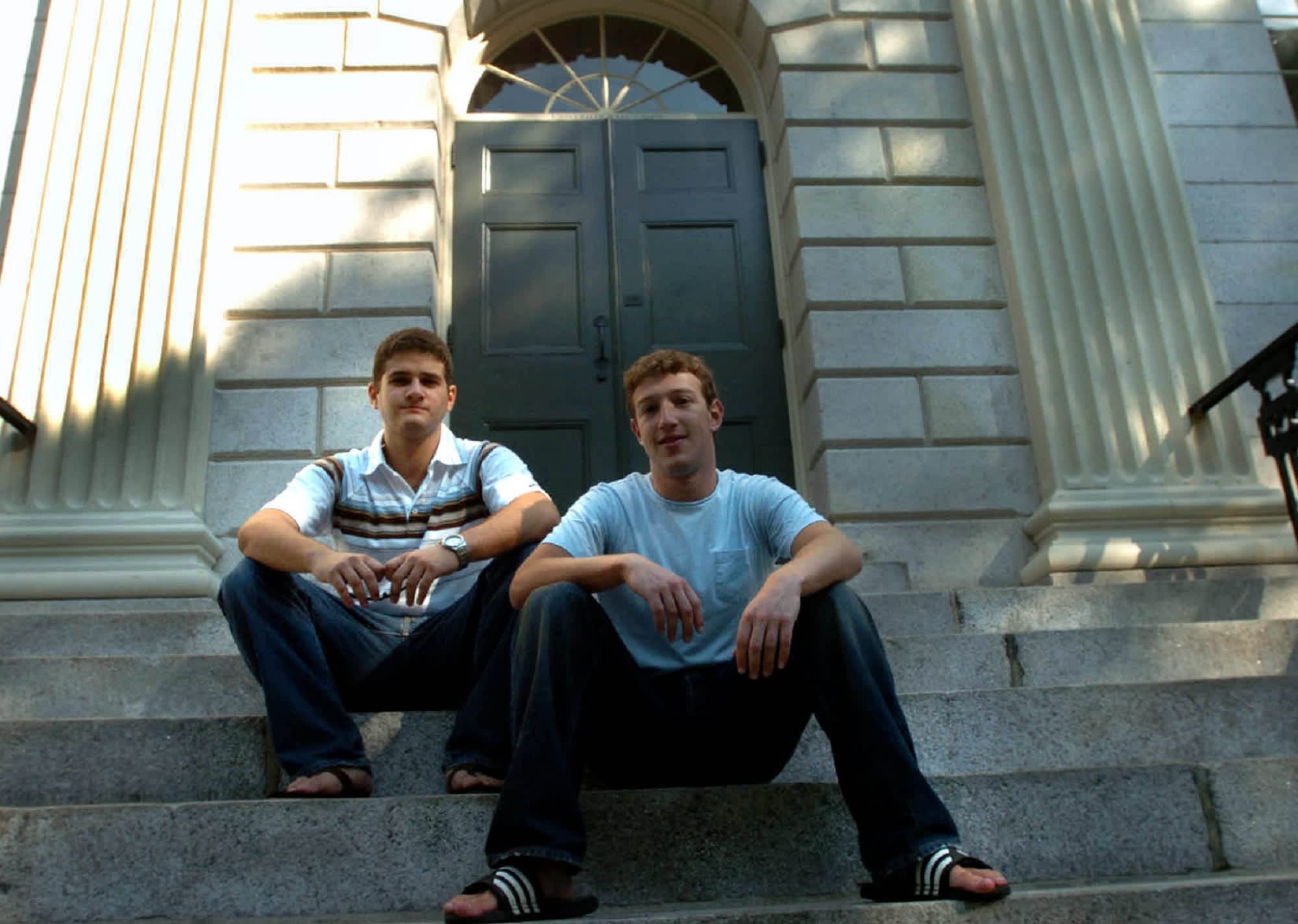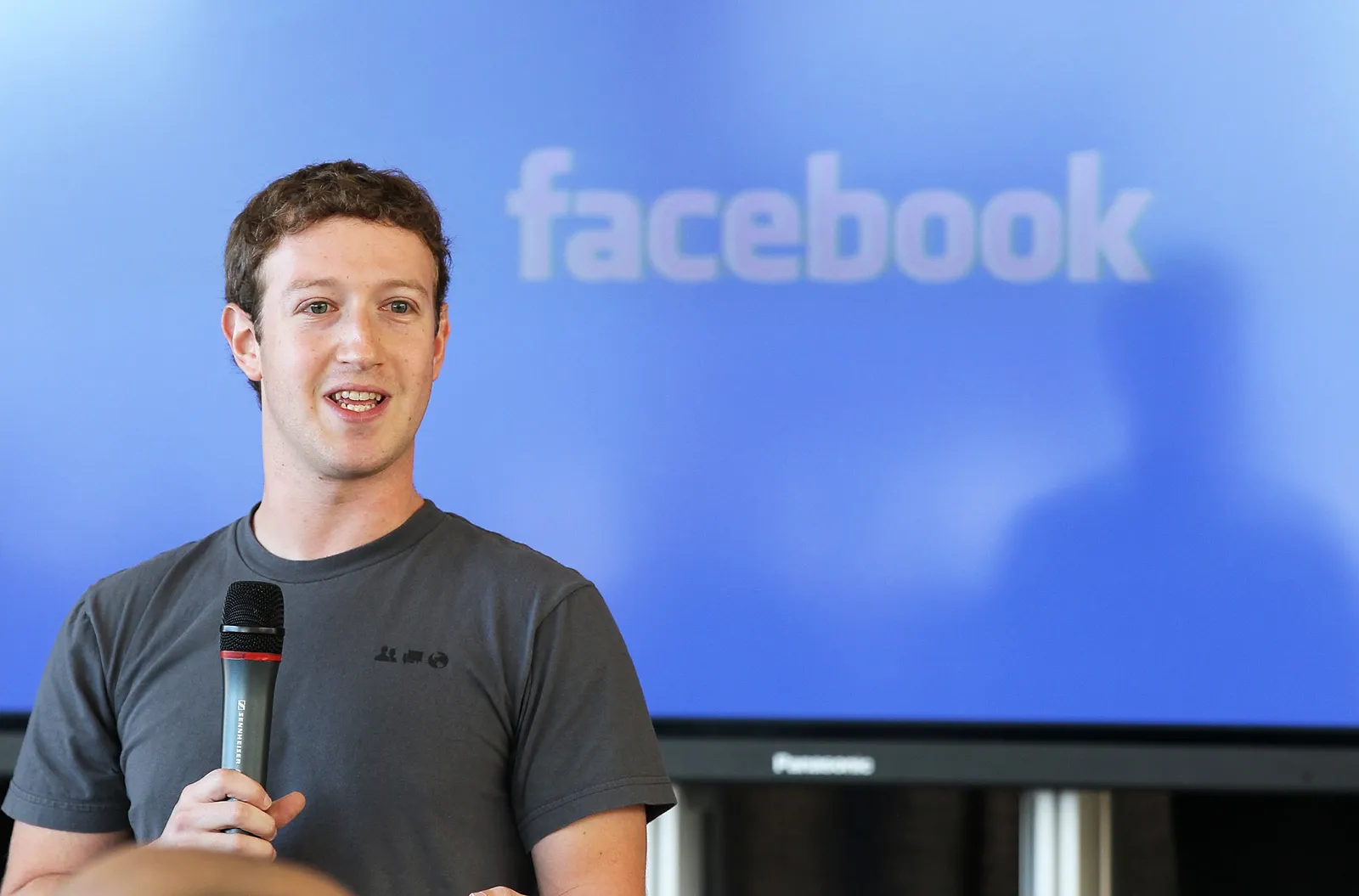
Mark Zuckerberg, an undergrad at Harvard University, launched TheFacebook.com on February 4, 2004, as a social networking site for his fellow classmates. Facebook has been a dominant force in the social media industry for twenty years. In that time, it has defeated rivals like MySpace and Friendster and established a strong presence in the rapidly expanding social media space. With over 2 billion daily active users, Facebook has remained very relevant and frequently assumes a central role in our cultural and political discussions.
With its early exclusivity and emphasis on gamifying social interactions through “likes,” comments, shares, and friend counts—as well as a news feed that kept users updated on the lives of their friends and acquaintances—Facebook distinguished itself from other early social networks.
“From a cultural standpoint, there has been a very clear trend towards the gamification of social relations,” said Pablo Boczkowski, a professor at the department of Communication Studies at Northwestern University who studies digital culture. “Facebook tapped into that and intensified that in society through its success. You can check what others in your peer group have and compare yourself to them, in a way you really can’t do in your personal life.”
Facebook was restricted to Harvard students in 2004. In the ensuing months and years, the website grew, allowing users to register who were high school students and professionals with business email addresses, as well as students from other institutions and universities. Facebook expanded its membership base in 2006 since a large number of its founding members had surpassed the age range for their original user base.
Shortly before the website expanded to users beyond the age of 13, Zuckerberg told the New York Times in 2006, “We have two years of alums already, and more than one-third of the people using the site are not in college any more.” “It improves the experience for everyone if we allow other young people to use the site.”
Facebook’s tone as a platform for Millennials to stay in touch with friends, family, and friends’ friends, to share big and little life events, and to voice their thoughts on almost anything was established by its early adoption and focus on young adults.

Facebook’s core characteristic set it apart from earlier social media platforms: strong social connections
MySpace made its name by letting users make profiles and connect with new people, whereas Facebook focused more on growing networks via actual friends.
In addition to focusing on music, MySpace was the most popular social networking site from 2005 to 2008. Users could create playlists and share songs with their online acquaintances on the site. The site made an effort to position itself as a destination for music.
The site lagged well behind Facebook until it was acquired by a new group of investors in 2011 that included singer Justin Timberlake. Later, MySpace released a free music player that gave users access to 42 million songs, claiming to be the largest collection of free music on the internet.
It came too late and too little. In mid-2011, a Comscore survey claimed that the number of monthly active users on MySpace had decreased to 35 million.
On the other hand, Facebook was reporting almost 800 million monthly active users by September of that year.
2019 saw a server migration problem that almost put an end to MySpace, but the website is still up and running. 50 million songs—including audio and video files—that users had submitted over the course of the preceding 12 years were lost as a result of the problem.
Launched in 2002, Friendster was another social network site that could not survive, closing its doors in June 2015 after turning into a social game platform years earlier. Facebook and Friendster were similar in that they placed a strong focus on keeping in touch with friends and finding common interests.
However, a 2013 study conducted by researchers at the Swiss Federal Institute of Technology in Zurich discovered that a major contributing factor to the site’s demise was the lack of strong social ties among its more recent members, which weakened the platform’s resilience and social fabric, which depended on user engagement.
The demise of Friendster was also attributed by the academics to its structure and design. They stated, “Friendster made changes to its user interface at some point in 2009, which coincided with some technical issues and the rise in popularity of Facebook.” “As a result, the community’s active user base rapidly declined, culminating in its discontinuation in 2011.”

When Meta Platforms, Inc. was founded
MySpace and Friendster were losing steam at the same time as Facebook was growing via innovation and acquisitions.
“To be around for 20 years is a remarkable feat in a rapidly changing sector of the economy,” stated Boczkowski. “I think Facebook does a really decent job as a corporation of trying to hear what its users want and provide an optimised product. It has been quite successful and agile.
Digital businesses don’t always need to update their UI/design to succeed, as stated by Boczkowski, who also pointed out that, in contrast, “Google has changed much less.” Social media firms are undergoing many more adjustments.
“Over the years, you see many changes, not all of them successful, but you see a platform today that’s much different from what started,” he added in reference to Facebook.
Instagram, a social media site focused on photos, was purchased by the firm in April 2012 for around $1 billion. Facebook went public at a price of $38 per share only a month later. Friday saw a closing of about $475 for shares of Meta Platforms Inc. (META), the parent company of Facebook and other applications, which adopted the name in 2021.
The fact that Meta invested in messaging services like Facebook Messenger and WhatsApp, which it acquired in 2014 for $16 billion, may be partly responsible for the company’s longevity. In 2014, the business ventured into the tech hardware market by purchasing virtual reality startup Oculus for a whopping $2 billion.
Regarding WhatsApp, which is among the most widely used messaging apps in a number of nations, including India, Brazil, Argentina, and Italy, Boczkowski stated, “For a very large portion of the global population, the ability to use a telecommunications company for free is an incredibly cost-saving investment.”

“The firm creates a considerable degree of critical mass by offering this service. With this software, users may communicate with anyone,” he continued. “Then, the business gathers usage data and creates revenue streams around it.”
As Facebook and Instagram challenge TikTok for supremacy in the social media space, Meta has remained unwavering in its leadership position.
And last summer, when X, formerly known as Twitter, was in disarray due to several unpopular modifications to its user policies, Meta introduced Threads, which had a character restriction and resembled X in style. One of X’s primary features for a long time was the ability to have online chats in real time, which was supposed to be provided via the app.
When Threads first launched in July, it drew tens of millions of daily users, but in the six months that have passed, user engagement has drastically decreased.
